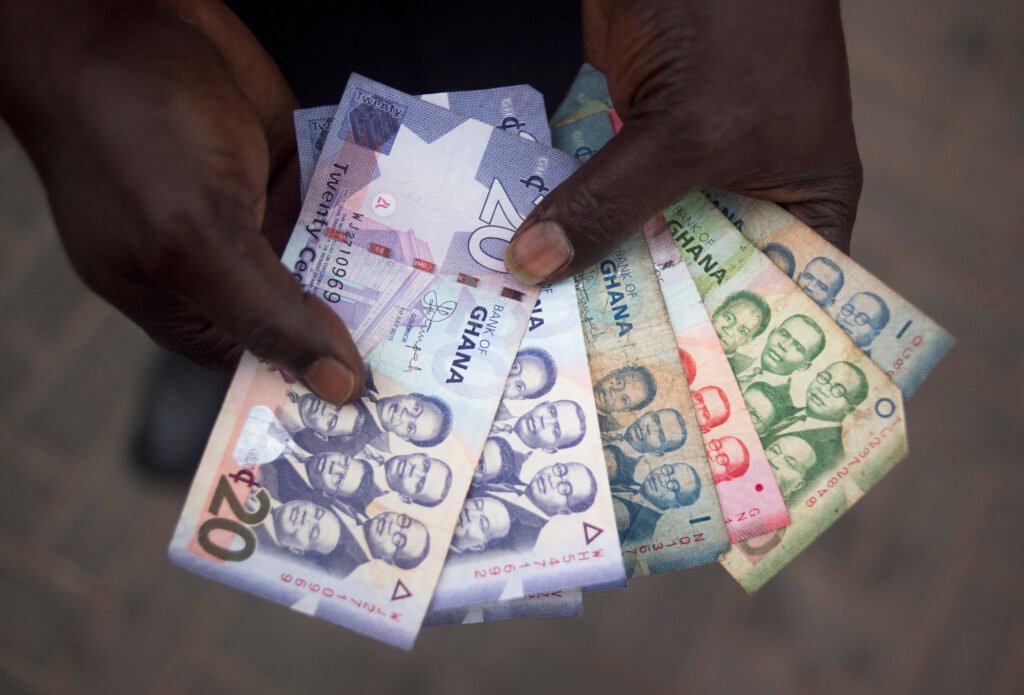The Bank of Ghana has left its benchmark interest rate unchanged, citing modest upside risks to inflation.
The Bank of Ghana’s monetary policy committee kept the rate at 29%. This matched the median estimate of nine economists in a survey.
In January, the Bank of Ghana lowered rates by 100 basis points.
That ended a prolonged policy tightening cycle that commenced in 2021 and lifted the benchmark from 13.5% to a 30% peak.
The inflation rate dipped slightly lower in February to 23.2%.
It has been impacted by a slide in the value of the Ghanian cedi against the dollar.

Still, Governor Ernest Addison told reporters at a press briefing in the Capital Accra on Monday that “the overall, risks to inflation are slightly on the upside and will require close monitoring.”
Cedi support
Addison said that currency inflows from the World Bank, the country’s tight monetary stance, and the outlook for lower rates in advanced economies including the US, should support the cedi going forward.

He said “we should expect relative stability to continue.”
The Ghanaian currency has depreciated around 9% this year against the American greenback as debt restructuring delays and concerns that an anti-LGBTQ bill — which could jeopardise Ghana’s access to vital international funding if it becomes law — weigh on sentiment.
The world’s second-biggest cocoa producer and West Africa’s second largest economy is seeking to restructure its liabilities as part of a $3 billion International Monetary Fund program it secured last year to help it return to debt sustainability.
Ghana has completed a domestic bond workout and reached a deal in principle with bilateral lenders in January to rework $5.4 billion of loans. Ghana is still negotiating with Eurobond holders who are owed $13 billion.
Addison said that policymakers had also decided to adjust the cash reserve requirements for banks, based on their loan-to-deposit ratios.
The new requirements range from a 15% cash reserve ratio for lenders with a loan-to-deposit ratio of above 55%, to 25% for banks with a ratio below 40%. The changes will be effective next month.









